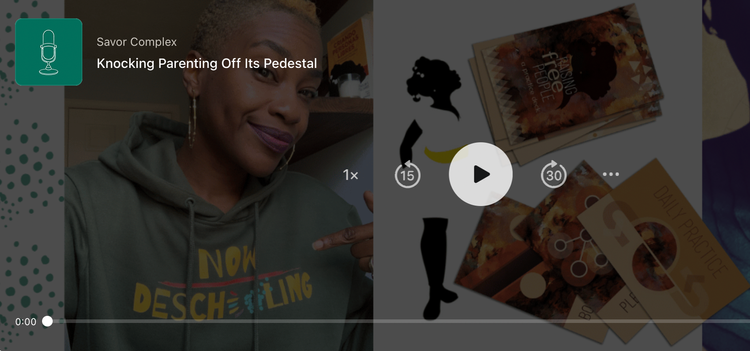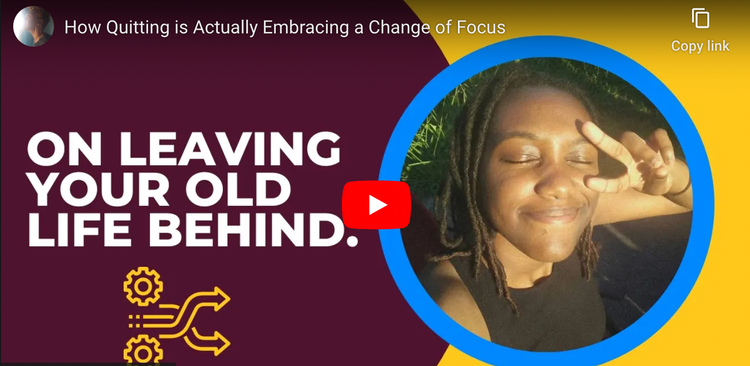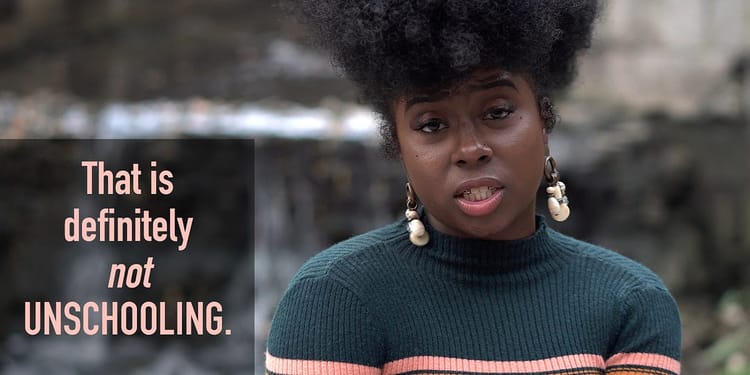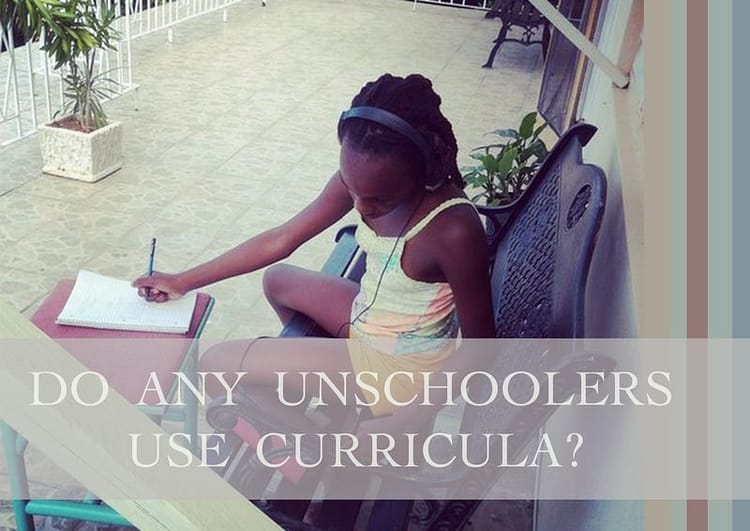Why Erykah Badu’s Respectability Politics Aren’t the Problem
Have you been watching the storm of backlash that Queen of Woke, Erykah Badu, is getting from her tweets about girls’ skirts and men’s tendencies? In case you haven’t, read the series of tweets here.
In a nutshell, it’s the “she asked for it because she was dressed like that” argument, and it is full of shit. And fear. And antiquated perspectives of women’s and girls’ responsibilities and men’s and boys’ mental capacities.
It did trigger discussion, which is a good starting point for change. But that discussion quickly spiraled into a boot at the singer’s throat, focusing on who she is and why her opinion is surprising, instead of what needs to change, and how we can start that shift.
I am looking forward to new conversations about this longstanding sexist narrative that blames women for the actions of some men. I hope Badu’s digital footprint reaches all the way inside a middle school classroom where one in four children report being sexually assaulted in hallways and near their desks.
I hope this means girls and boys have a chance, in this moment, to address their truths about sexual assault, and share their experiences, and ask questions, and hopefully come to their own conclusions, ones that does not make anyone but them responsible for their actions. And ones that recognize the impact that the sexualization of the female body — particularly the hyper sexualization of young black female bodies — has had on the growing statistics about rape and the perpetuation of the blame-the-victim approach to seeking justice and peace after sexual assault.
And that’s my truth. Badu and me ain’t got to see eye to eye for me to leave space for her story to be told. If that’s her truth, so be it. If we disagree, we can speak up and act within the perspective we prefer.
Some, like me, write and organize to incite change. I also partner with my husband to raise our daughters to reject the idea that they need to “act like ladies” or some such bullshit, in order to warrant respect or to ward off sexual assault.
Other people create and inform in other ways, and it’s all good as long as we let the overall work be about change, not just words. We cannot create change by bashing Badu, or blaming girls and women, or assuming all males can only think with their penises. But we can create change by attacking the politics themselves.
We do that by talking to children about bodily autonomy. We can create change by raising our sons to respect themselves and women/girls. And by raising our daughters to respect and protect themselves, without feeling that they can either cause or stop assault by choosing what they put on their bodies. And we can nudge change forward by calling out bullshit without attacking the people who may have swallowed it.
Let me tell it, through her work as a musician and overall creative being, Badu has contributed undeniably to the positive and powerful shifts in some people’s approach to life, to Blackness, to womanhood, and to embracing one’s personal magic.
But loving her music and feeling her steez isn’t the same as knowing her beliefs, or sharing them.
Erykah Badu’s regurgitation of respectability politics isn’t the problem; the politics themselves are the problem. And if we aim to change that, and to shift the myriad of dangerous and deafening narratives in play, we have to be willing to speak about and live in ways that eat away at those structures. We have to ask ourselves what we are doing to inspire and create change, and then we must actually do more of that.






Member discussion